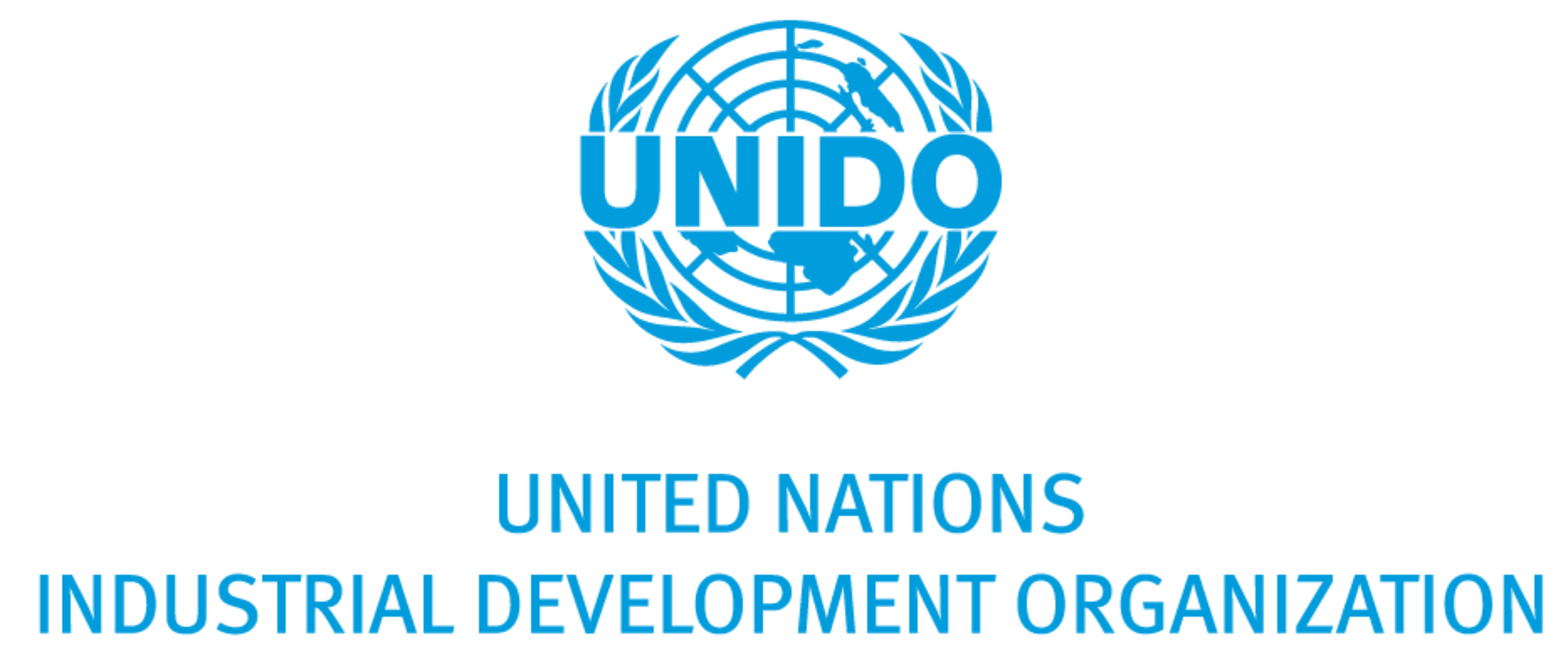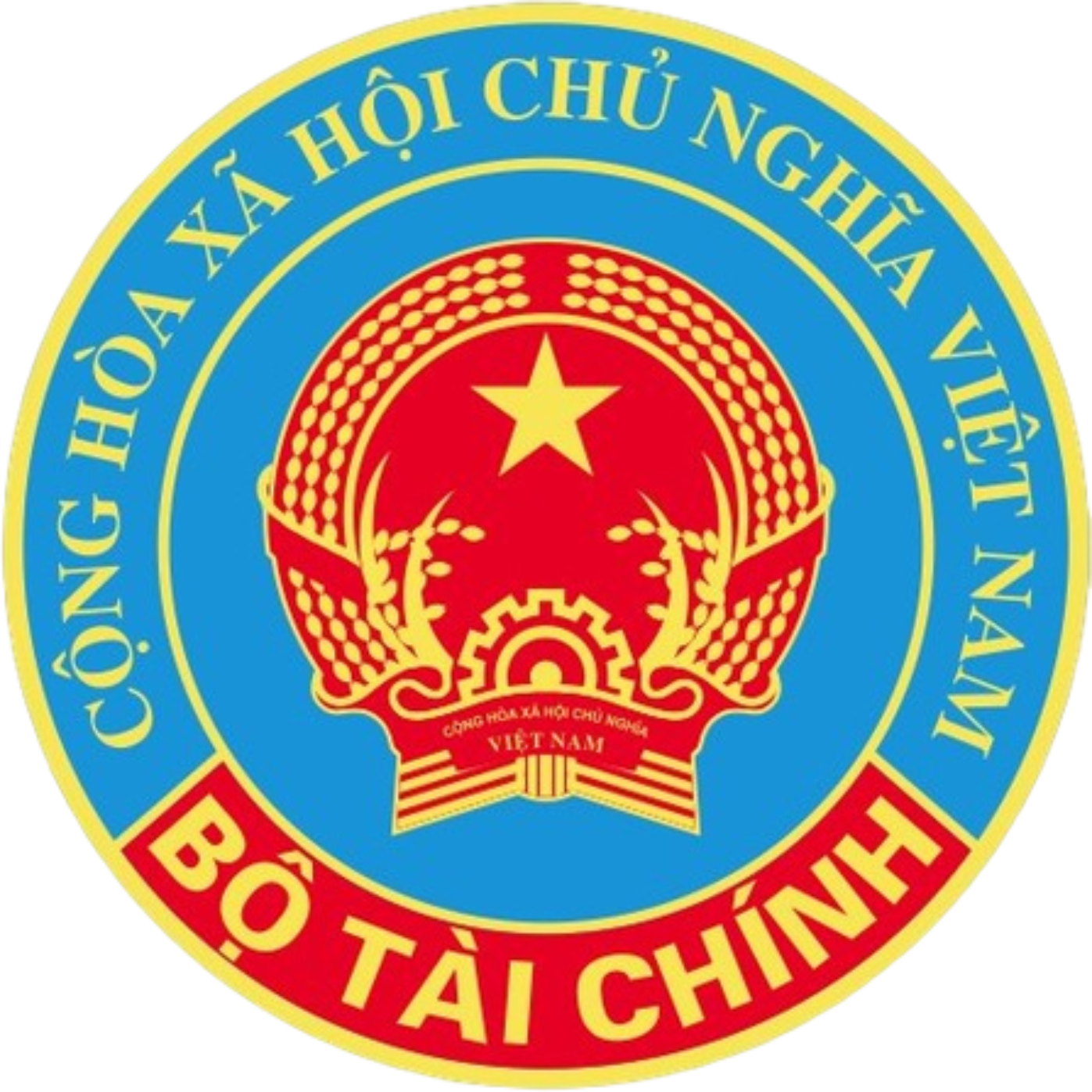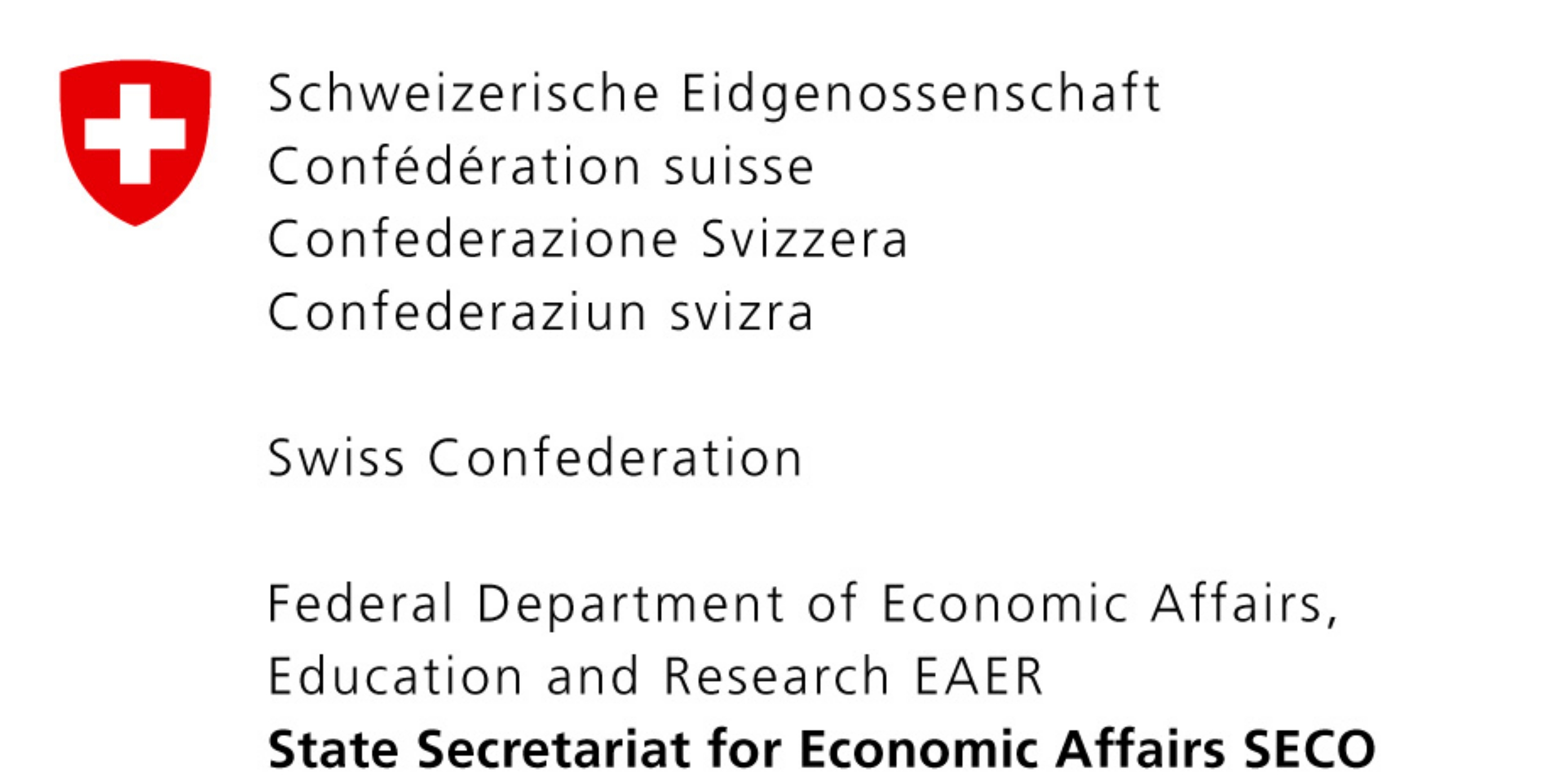On 11 July 2025, Hanoi Architectural University hosted a scientific conference on "Investment and Development of Eco-Industrial Parks (EIPs) in Viet Nam: Potential, Challenges and Strategic Vision for Sustainable Development". The event brought together representatives from government agencies, international organizations, academia, and the private sector.
Assoc. Prof. Dr. Architect Trần Trọng Hanh, representing Hanoi Architectural University, highlighted the academic sector’s aspiration to take a more active role in research, training, and the development of architectural and planning solutions aligned with the vision for eco-industrial parks. He emphasized the urgent need to establish a foundation of knowledge, data, and practical experience, as EIP remains a relatively new concept in Viet Nam’s higher education system.
Mr. Nguyễn Việt Hưng, from the Foreign Investment Agency (Ministry of Finance), presented key legal frameworks from Decree 35/2022/ND-CP and Circular 05/2025/TT-BKHĐT, which define the criteria for EIPs, mechanisms for industrial symbiosis, certification procedures, and investment incentives for eligible parks.
Dr. Nguyễn Trâm Anh, National Project Manager of the Global Eco-Industrial Parks Programme (GEIPP Viet Nam) – implemented by UNIDO with funding from SECO – contributed real-world insights from nearly a decade of implementation. From 2020 to 2024, GEIPP identified over 900 industrial symbiosis opportunities, of which more than 400 have been implemented, generating estimated annual savings of USD 2.6 million. GEIPP is currently supporting six industrial parks in their transition: Amata, DEEP C, Nam Cau Kien, VSIP, Hiep Phuoc, and Tan Do.
Mr. Phạm Anh Tuấn, Senior Director of Water and Environment at Amata, shared successful water reuse and circularity initiatives from Amata Thailand, and introduced plans to replicate similar models at Amata Bien Hoa, with support from GEIPP Viet Nam.
The conference also featured valuable contributions from research institutes, infrastructure developers, and technical consultants, focusing on integrated planning, green infrastructure investment, industrial symbiosis operations, resource monitoring, and context-appropriate transition models.
With a multidimensional approach and active engagement from all stakeholders, the event marked a meaningful step toward strengthening collaboration between policy, implementation, and academia—laying the groundwork for effective and sustainable eco-industrial park development in Viet Nam.




